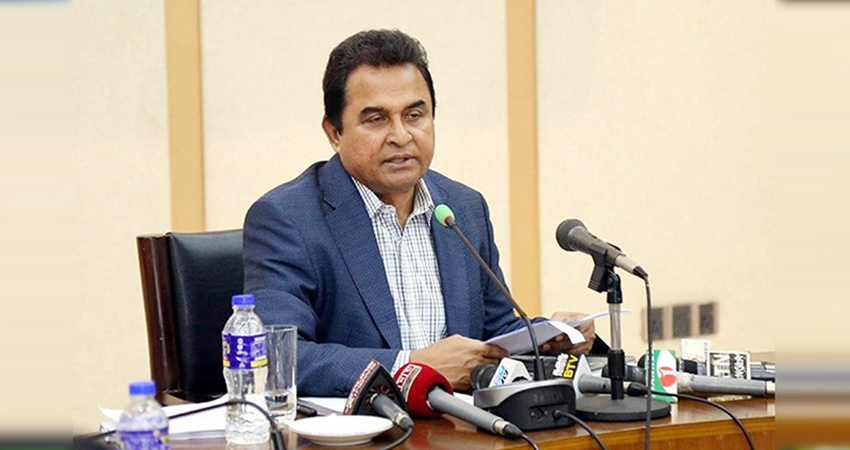Bangladesh's gross domestic product (GDP) is expected to grow by 5.3% in fiscal year (FY) 2023, according to the latest Asian Development Bank (ADB) report released on Tuesday (4 March).
In the Asian Development Outlook (ADO) for April 2023, it has been said that the slower growth forecast reflects subdued domestic demand and weaker export expansion due to slow global growth following the Russian invasion of Ukraine.
Besides, inflation is expected to accelerate from 6.2% in FY2022 to 8.7% in FY2023 as price pressures increase due to the upward adjustment of domestic-administered prices for fuel oil, gas, and electricity, and higher global commodity prices.
In addition, the current account deficit is anticipated to narrow from 4.1% of GDP in FY2022 to 1.6% of GDP in FY2023 as imports loosen and remittances grow.
It is further projected that private investment growth will be lower because of energy shortages and higher production costs. With a shortfall in revenue collection, austerity measures, and depleting foreign exchange reserves, public investment growth will also be slower.
As per the report, the main risk to this growth projection is a greater economic slowdown in Bangladesh's major export destinations driven by global uncertainty over the prolonged political tensions.
"The government is managing relatively well against the impact of external adversities and has embarked on the reform programs as precautionary measures," said ADB Country Director for Bangladesh Edimon Ginting in a press release.
He said, "Accelerating key reforms during these difficult times would help the country sustain higher growth in the medium term. These reforms include strengthening public financial management and domestic resource mobilization, deepening the financial sector, and enhancing competitiveness to promote the creation of productive jobs in the private sector."
"This is also a high time for enhancing resilience against the global energy market volatility by creating an enabling environment for rapid expansion of domestic renewable energy supply to reduce dependence on fossil fuels in line with the country's climate agenda," Ginting added.



















